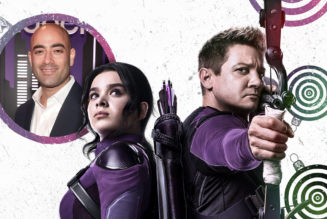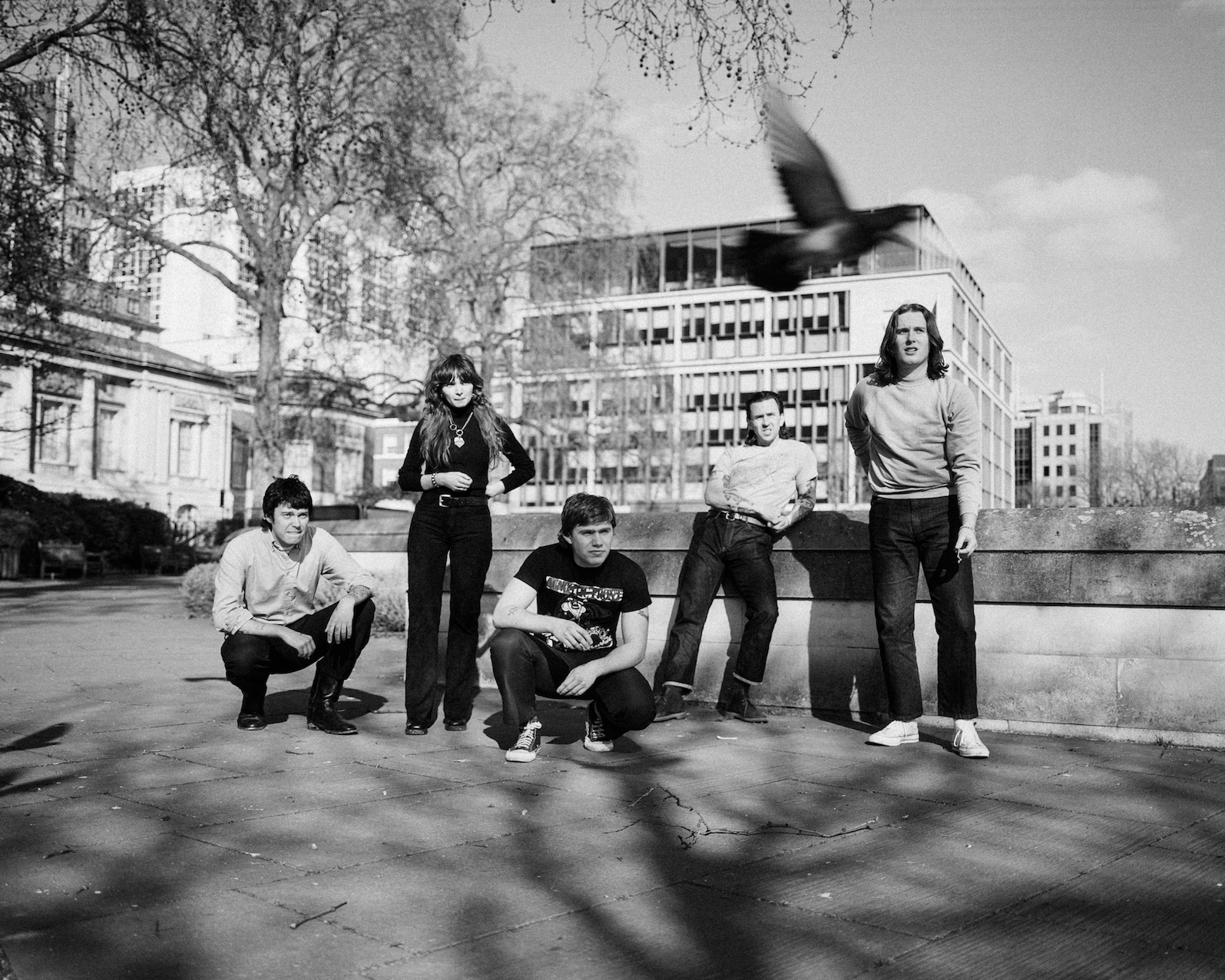
If you listened to Speed Kills, Chubby and the Gang’s bloody-knuckled 2020 debut, the British hardcore bruisers’ new record should feel plenty familiar.
For a while, at least.
But about halfway through The Mutt’s Nuts, all those throttling guitars and volcanic drums suddenly cease as the album morphs into something more methodical, more nuanced. Retro power-pop bleeds into American doo-wop, like Elvis Costello writing for The Chantels.
What’s this, has Chubby gone soft?
No fucking way, says frontman Charlie “Chubby” Manning-Walker — just “three-dimensional.”
“I don’t want to be a band who just has 12 tracks of 200 miles an hour,” Manning-Walker tells SPIN. “We sort of did that with Speed Kills and I don’t want to make the same record twice.”
After 15 years spent grinding on the U.K. hardcore circuit — most notably with Violent Reaction and Arms Race — Manning-Walker, 31, is still coming to terms with his new group’s immediate success. Articles in Rolling Stone, upgraded venues due to overwhelming demand, all for a five-piece that only formed in 2019, from scraps of other English punk outfits.
While he’s got everyone’s attention, Manning-Walker is hellbent on packing in as many sounds as possible, from the punchy pub rock of Dr. Feelgood to the jangly ‘60s melodies of the Bobby Fuller Four — whatever it takes to remind everyone how screwed we all are.
The Mutt’s Nuts, recorded over 10 days last July, finally dropped Friday, Aug. 27.
We caught up with Manning-Walker, on Zoom from his West London flat, about the new album’s origins, writing about George Floyd, and his day job — yes, he still works as an electrician.
SPIN: So, what’s everyone in West London pissed off about right now?
Charlie Manning-Walker: Fuck it, how long you got? The government’s fucked. The fucking police are fucked. The whole thing’s fucked. They just put through these weird draconian laws about protesting rights and things like that, which basically strip people of their right to protest, or they try to crack down on people seeking asylum in the country and stuff. It’s fucking really weird, man. They released some statement being like, oh, we don’t want to allow any Afghani refugees here because it’ll give the wrong impression to other countries. It’s fucking a mental thing to say.
Before we get into the new album, were you surprised by the amount of attention Speed Kills got, or was it like “that feels about right” after all your years in the scene?
No, I was surprised, man. I was skeptical. A little bit of me still is skeptical. But we finished the record and it was like, “Oh, that was good. What should we do now?” You know what I mean? As it was getting done, there was no being like “Yeah, this is going to be the best shit ever.”
We were in America and the record dropped while we were doing the tour. And then as the tour was happening, the record was picking up pace and people were talking about it. We could see it, every show we went to, more people showed up. The first time we were in Brooklyn, it was like 100 people, and when we came back around, it’s about 600 people. The guy had to up the venue and stuff. And then we came back to play Static Shock, which was a big, really important UK punk festival. And then the week after was lockdown, whatever.
The second half of Mutt’s Nuts, being more downtempo, is a rather drastic shift from Speed Kills. Was that purposeful or did it just happen?
We definitely didn’t step into it being like, “we want to do this progression.” There was no concept or anything like that. I think what makes it different is I did guitar on Speed Kills as well as Ethan. And then afterwards I was like, “Oh, well fuck, we’ve got to think about some vocals now.” But on Mutt’s Nuts we have way more of a solid lineup. Everyone sort of knew what they had to do. They could concentrate on their own parts a bit more. We had a bit more time. We had time off to be able to think about constructing the songs and being a bit more thoughtful and more meaningful.
It’s important to come up with a three-dimensional record. And I think it’s important if you read a book or a film or whatever, if it was just balls-to-the-wall fucking gunfights, it would be shit. You need to have some sort of context. People have ups and downs, they’re sad, then they’re angry. And I want to reflect that in the record.
Let’s talk about a few key songs on the new record. How about “It’s Me Who’ll Pay” — it’s a song about landlords, right?
Yeah, so it’s sort of about the system that’s in place, where basically even with a well-paid job you’re told like, “yeah, you work all these hours and you’ll get this sort of retirement package or whatever,” but you’ve fucking pissed your life away at that point. And it’s like these landlords, they’ll have a certain price to make sure that you have to keep working. And the police will uphold certain laws, which force people to have to live in poverty. You work and work and stack money, but money can’t buy you anything if you haven’t got the time to spend it. The system is in place to make you kind of fuck your life away.
And “Coming Up Tough” is about the prison system?
That’s about a specific family member of mine, who did something when they were in their late teens. And then they ended up getting sentenced to 20 years. Where’s the justice in someone being 18 and then coming back into society at 38, for what reason? You can’t rehabilitate a young person, you’ve failed as a system then. They don’t care. Why should I?
Last one: “White Rags,” which comments on the George Floyd protests.
Initially, I wrote the music and then the whole situation happened and I was like, “I can’t see this stuff and not at least say something, let people know where we stand as a band.” Initially I was like, “oh, I don’t know if I should put this to the record because I’m someone who’s white and privileged, and I’m fucking making these comments about a really serious and a really dark situation. Is it my place to say anything? Am I speaking on behalf of people and I shouldn’t be?”
And I just thought “fuck it.” We have this problem in England, too. And a lot of people in England will try and be like, “Oh, look at what America is up to. That’s bad, isn’t it?” And they’ll just sort of absolve themselves of any sort of guilt. We’ve had situations like that, there’s this guy Mark Duggan who was shot by police and they planted a gun on him. There were loads of riots about that. And people forget that this stuff happens, and people forget that the cops will do that here as well. And I wanted to talk about how it’s here in England too, and don’t pretend it’s not.
How do the ‘50s and ‘60s pop and rock influences fit in?
I’m big on all the ‘50s and ‘60s girl groups. The Chantels and stuff like that. And Bobby Smith and the Bobby Fuller Four. I really fuck with a lot of sort of like American do-woppy shit, that kind of stuff. The thing is the Ramones, they drew so much influence from shit like that. And I think people sort of overlooked that and that’s one of the points of the band: Punk for me, with the Ramones and all that kind of stuff, you can blur the line between that. They’d do Jackie DeShannon covers and shit. And it fucking worked. And so why can’t we, you know what I mean?
You maintain a job as a film set electrician. Do you like that work/rockstar balance, or ideally would you be doing music full-time?
I really like going to work, but it’s been a weird couple of years and maybe … I mean, I’m booked to go on tour from the start of November 2021 to the end of September 2022. It’s like, how am I going to get any work in? But I’d like to continue to do it, but it’s just wherever it’s possible.
Have you worked on films we’d know?
I did Need for Speed. I try to stay doing commercials because they pay a bit better. I don’t really care whether the film comes out or whatever, I’m just glad the money is to allow me to do punk music.
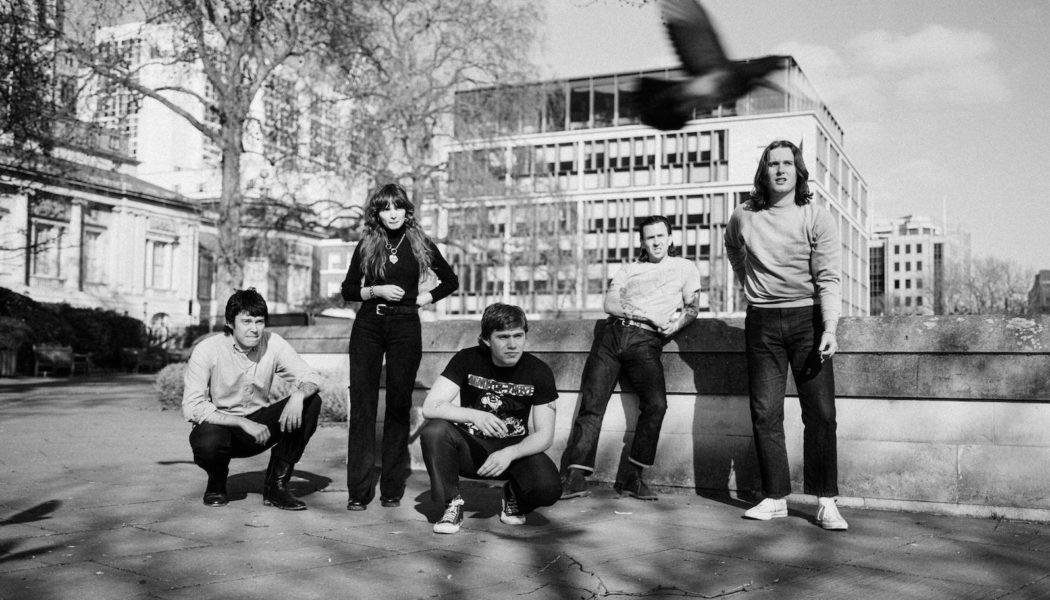


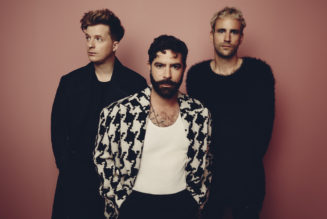

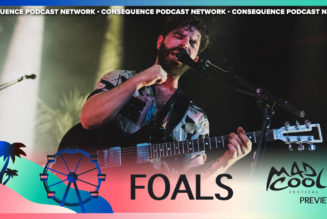
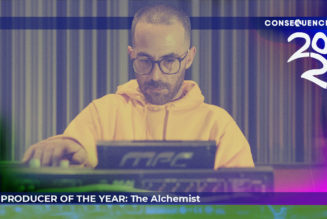
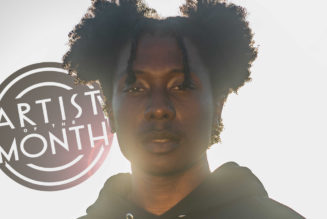
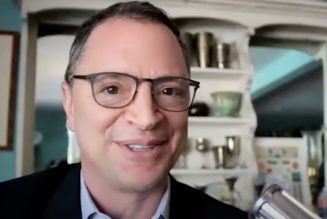
![Felix Jaehn on Normalizing the Conversation Around Mental Health: “There’s Light at the End of the Tunnel” [Interview]](https://www.wazupnaija.com/wp-content/uploads/2020/08/felix-jaehn-on-normalizing-the-conversation-around-mental-health-theres-light-at-the-end-of-the-tunnel-interview-327x219.jpg)
